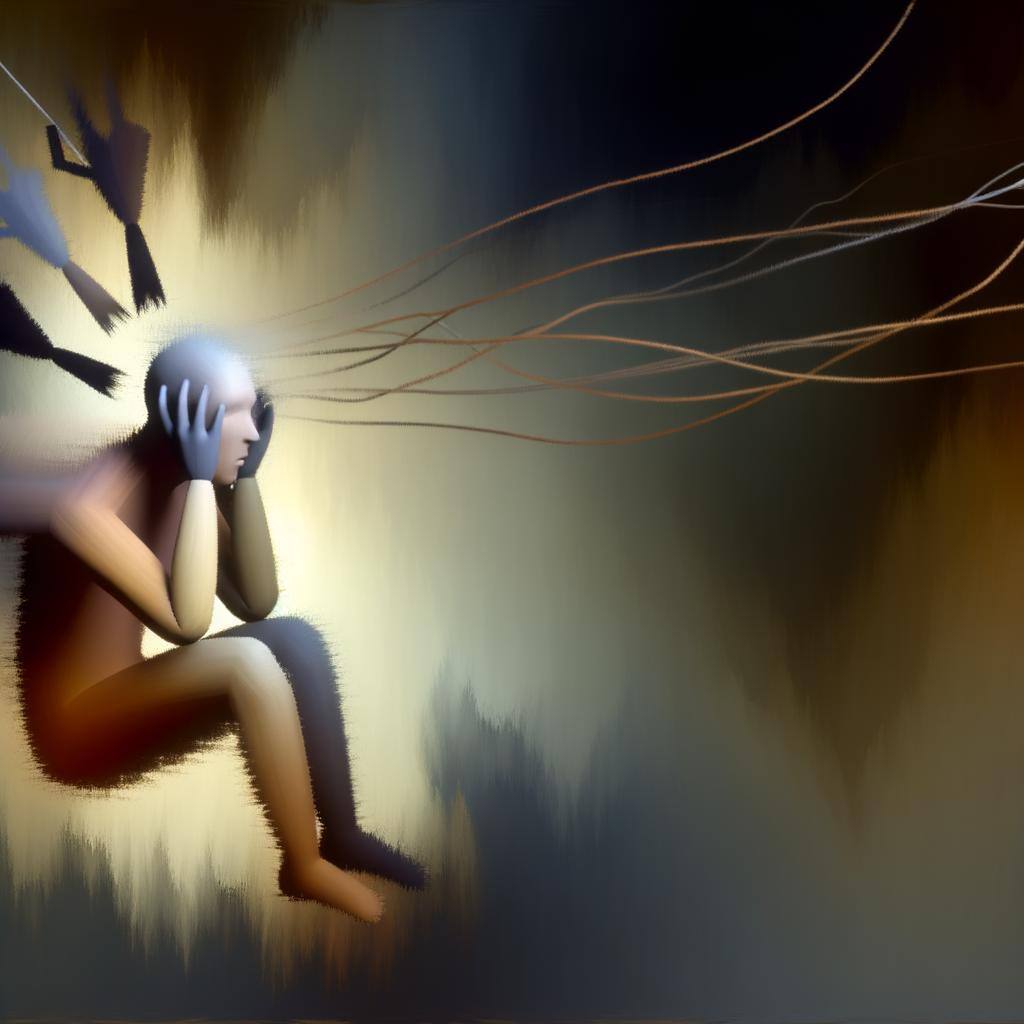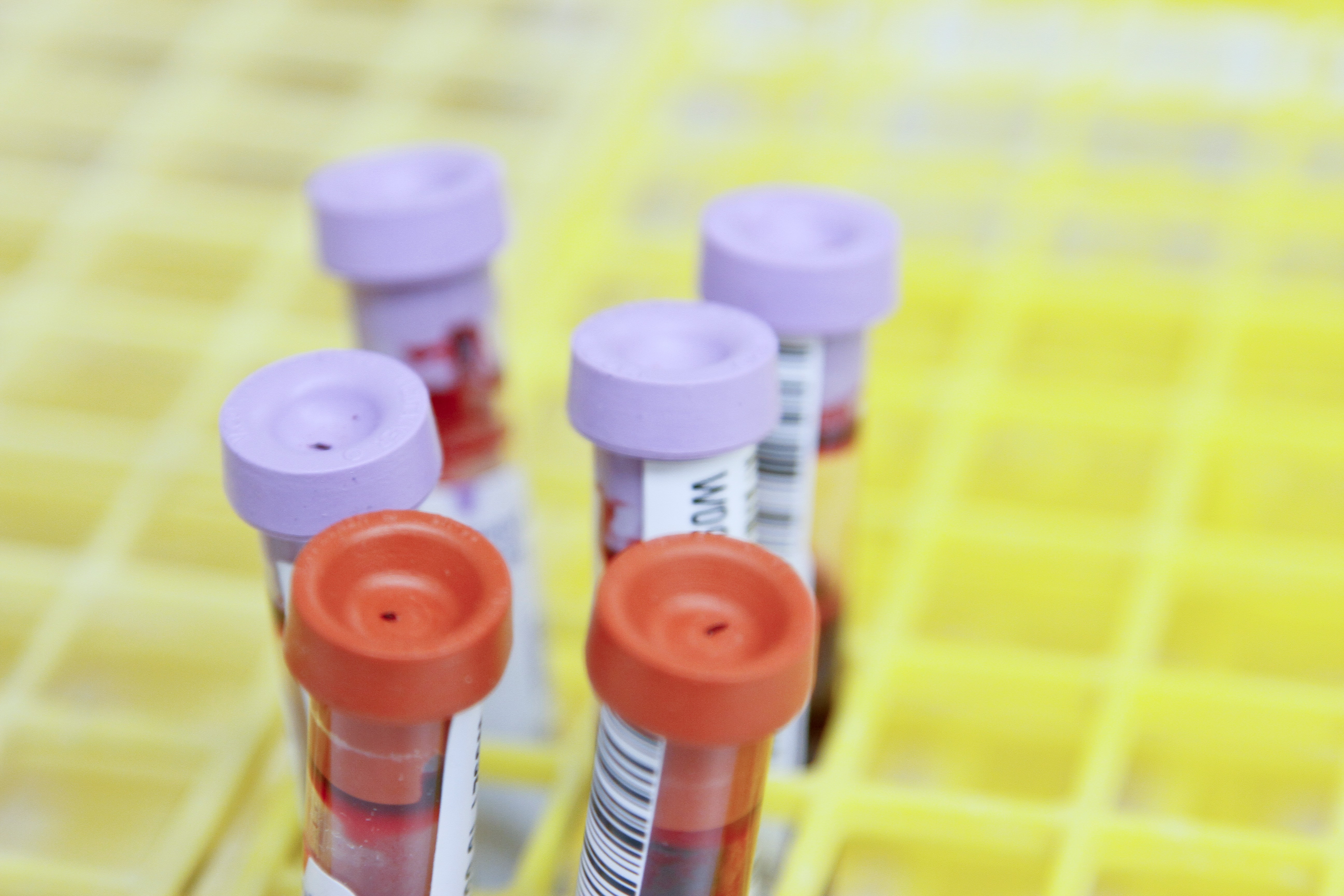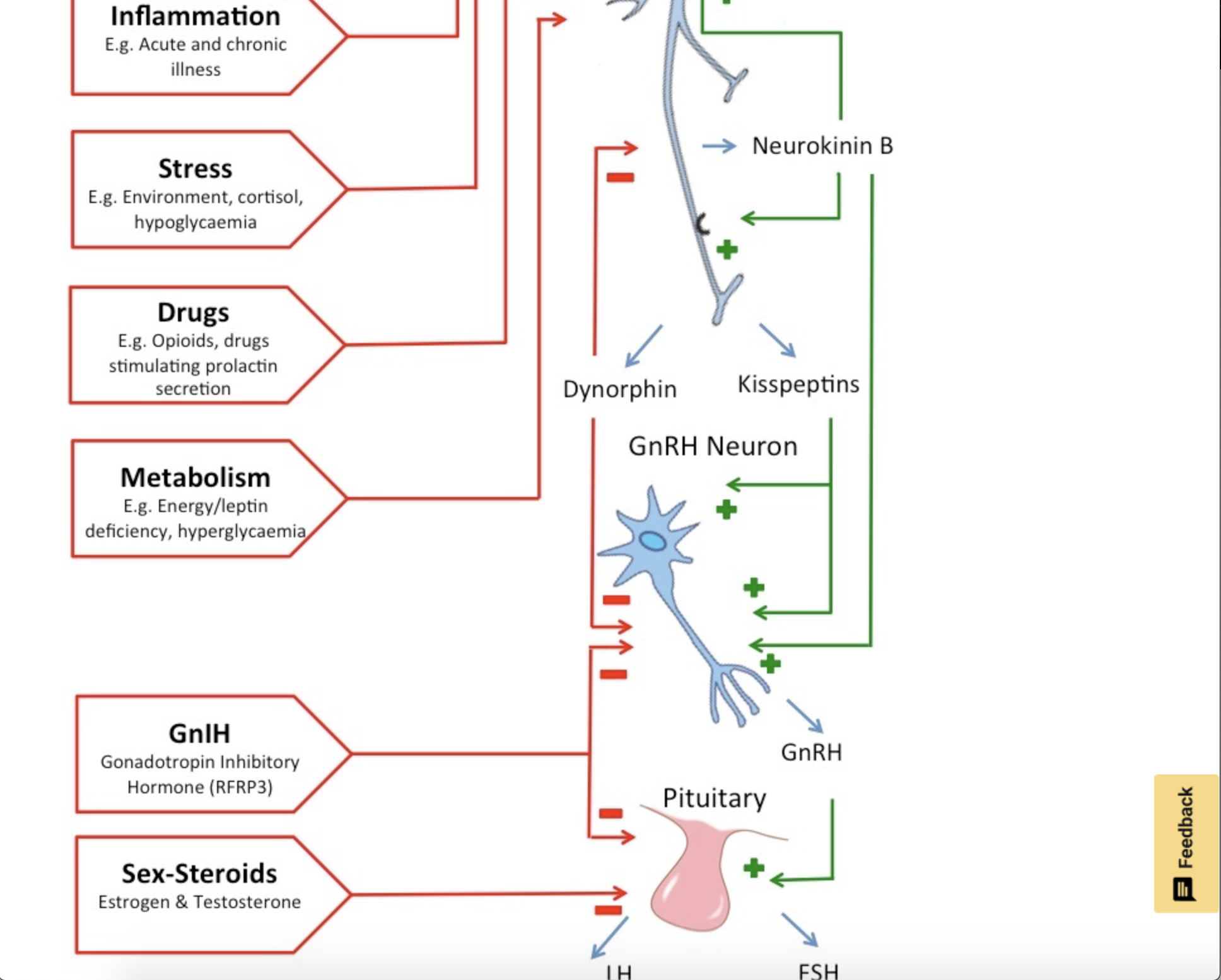How Do You Know If Epstein Barr is Active?
To know if Epstein-Barr is active in your body, there are several tests you can to do to answer this question. These test look at different Epstein-Barr virus (EBV) antibodies your body makes when exposed to EBV. Understanding and interpreting the test results can be a little tricky, so I will go into some detail on this topic.
We will look at how testing can differentiate EBV that is a current active infection, a reactivated or latent infection, or dormant past infection. There are different antibodies tests and levels of positivity for each of the tests.
If you are interested in learning more about Epstein-Barr antibody tests, keep reading.
How Do You Know If Epstein-Barr Is Active.
Epstein-Barr is also known as EBV and is a virus in the human herpes virus family. It is responsible for Mono or Mononucleosis. Mononucleosis occurs when there's an initial acute infection with EBV or the Epstein-Barr virus. You will know you have active Epstein-Barr, if you've been diagnosed with Mono recently. Once a person recovers from this virus, it is always going to live in your body. This is true of all herpes viruses. These people can go on to get a resurgence of symptoms months or even years later. This is called latent or reactivation of Epstein-Barr virus. When you have a latent or reactivation of Epstein-Barr virus sometimes it is also referred to as active Epstein-Barr Virus as well. Really it should be referred to as reactivated.
In addition, some people initially contract Epstein-Barr Virus and they never really get sick with classic Mono. symptoms. Some don't have any symptoms. In these cases they were just exposed and their immune system fought it off. However, even if you were exposed without full-blown Mono. or other symptoms, you can still get latent, reactivation of Epstein-Barr later on.
Testing to Know If Epstein-Barr Is Active
Like Mono the symptoms associated with active or reactivation of Epstein-Barr Virus are most commonly fatigue. Since fatigue can have many different causes, it's important to test and see how likely your fatigue is coming from the EBV. Understanding the testing can be a little tricky. With testing though we can distinguish between initial active Epstein-Barr virus that would be commonly associated with Mono, reactivation, or dormant Epstein-Barr. The challenging part of testing is distinguishing a reactivation versus a dormant infection.
So to know ifEpstein-Barr is active requires a deeper understanding of antibodies and how your immune system makes these antibodies. So let's look at some of that.

The initial infection is straightforward to detect and look at. However we need a little bit more understanding of how your immune system makes antibodies. When your immune system sees the Epstein-Barr Virus proteins, it is able to recognize that those proteins are foreign and different than self. It starts to make antibodies against them. These initial antibodies are going to be in the IgM category. For EBV these IgM antibodies will fade fairly quickly after the initial infection. As they fade they are replaced by a different type of antibody called IgG antibody.
So you will know if epsilon bar virus is active when you check your blood and you see these antibodies. If you have any of the IgM antibodies then you have an active infection. Some people have IgM antibodies for longer than we would typically expect. Most people will not have the IgM antibodies after about four months or so. However, IgM antibodies can persist for much longer.
What Specific Antibodies Tell Us About Active Epstein-Barr
We want to mostly understand the distinction between the active EBV in terms of reactivation versus the dormant EBV like a past infection. So this brings us to the IgG antibodies. Both the IgM and the IgG antibodies are made specifically to the proteins of the virus. Your immune system sees the proteins and makes specific antibodies to those proteins. Those antibodies can be labeled based on what their specificity is. There is one called the 'viral capsid antibody.' There is one called the 'nuclear antigen antibody 'and there is also one known as the 'early antigen d antibody.' These are all different antibodies that your immune system makes to fight the Epstein-Barr virus.
We already know that if you have any of the IgM antibodies active, you have active EBV. When you have IgM antibodies, you probably should be treated for it. Especially if it seems like it matches a lot of your symptoms. Because the antibodies are active at different times in the course of the virus infection, looking at each of these will help us understand how likely you have a dormant Epstein-Barr virus or reactivation of Epstein-Barr virus. For this tests we are looking specifically at the IgG antibodies.
The viral capsid antibodies also abbreviated as VCA IgG, are antibodies against the viral capsid. These typically appear at the time of onset of clinical symptoms of your acute infection. So when the IgM is positive, you will also have the IgG viral capsid positive. The IgM viral capsid antibodies appear close to the same time as viral capsid IgG. The VCA IgM will disappear within a few weeks, while the VCA IgG persists for several months or even years. Children and adults with primary infection are not always positive for the viral capsid IgM. Once positive, the IgG VCA antibody typically remains positive for life. If I am looking at your lab test results and see VCA IgG positive test, it may be more reflective of a past infection. It really depends what other antibodies are positive. There are other (non-antibody) ways to confirm if it is from past or current infection though (see below).
The next antibody we want to look at is the Epstein-Barr nuclear antigen antibodies. The EBV nuclear antigen IgG antibody is usually undetectable on the initial infection. This is going to be a less reliable one to look at initially. It will show up positive after a few weeks or months. However, once it is present, it typically will be there for life. Therefore if you only see this one positive in your antibody blood test results, it reflects a past infection.
The last one to look at is the early antigen D antibody. There are a few these. Early antigen can have the D and an R version. Clinically we test for mostly the D version. Although this antibody is not always present, the early antigen D IgG increases during the first three to four weeks of infection. It is usually no longer detectable three to four months after the initial infection. In approximately eighty percent of the patients, it will no longer be detectable after the acute infection. This is important because if we see it positive then it is a stronger indicator that there is a reactivation going on. Contrast this with the nuclear antigen IgG. This is always an indicator of past infection and viral capsid IgG is usually and indicator of past infection. In some cases the early antigen D IgG can still be detected years after the primary infection in healthy people. Studies find that approximately twenty percent of healthy subjects have previously been infected with EBV, do have positive early antigen D IgG antibody. High levels of this antibody is considered anything above 25-30.
Some people can have a positive even though they feel healthy and have no like fatigue or other symptoms. The relative level of the early antigen D IgG antibody, may give us a clue about considering a true reactivation. For instance, higher levels of early antigen d are seen in cases of reactivation of the Epstein-Barr virus in immunocompromised patients. Ultimately what it comes down to to validate any confusion about the test is do a PCR test. This test will quantify how much virus is actually in your system. It is looking for the RNA of the virus and identify approximately how much virus is in your system. Supporting reference for serological Epstein-Barr testing.
So if you have a positive early antigen D IgG or a positive viral capsid IgG and you are unsure about positive, then you can do a PCR test. The PCR test will show if it's actually present in your system.
Now you should know how to tell if you have active Epstein-Barr virus. If you have more questions about this topic, please ask in the comment section. If you need help managing your Epstein- Barr infection, click on the link below to get started.




















